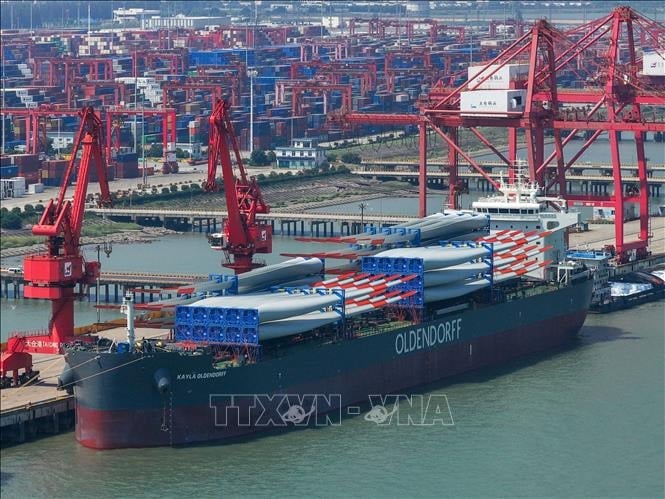
China's Ministry of Commerce on October 12 issued its first official response to President Donald Trump's post on social media network Truth Social, where he accused Beijing of "unexpectedly" escalating tensions after a six-month temporary truce.
The ministry asserted that the rare earth export control measures were a necessary response to a series of seriously damaging actions by the US, including adding more Chinese enterprises to a trade blacklist and imposing port fees on ships linked to China.
However, Beijing did not directly link these actions to its increased control of rare earths, saying the decision stemmed from concerns about the military applications of these materials in the context of “frequent military conflicts”.
This development further escalates trade tensions between the world’s two largest economies , making the possibility of a meeting between the two leaders on the sidelines of the APEC summit in South Korea at the end of October increasingly unclear. Wall Street reacted negatively as major technology stocks plummeted. Many foreign companies that depend on the supply of processed rare earths from China, especially rare earth magnets, also expressed concern.
Contrary to previous retaliations, China this time did not announce new tariffs on imported goods from the US, even though the two countries had previously raised tariffs on each other to 145% and 125%.
Some observers say that China’s decision not to impose tariffs on US goods shows that Beijing is still keeping the situation under control. Alfredo Montufar-Helu, managing director at consultancy GreenPoint, said that China’s public disclosure of the reasons behind its countermeasures could create a basis for dialogue, adding that the US now needs to decide the next step.
Meanwhile, Hutong Research said China’s lack of immediate retaliation may reflect growing skepticism about Trump’s ability to uphold his commitments. It also stressed the need to monitor whether Beijing will try to block the TikTok sale, as allowing the deal to proceed in the current context could be seen as a significant concession.
In addition to the political backlash, China’s Ministry of Commerce has also sought to reassure international partners. It stressed that the controls do not amount to an export ban and that civilian orders, if fully compliant, will still be approved. The statement is aimed at countering President Trump’s argument that China is using its dominance in the rare earth sector to pressure all countries.
China currently produces more than 90% of the world’s processed rare earths and rare earth magnets, which are essential for electric vehicles, aircraft engines and military equipment. Beijing announced earlier this month that it had expanded its list of rare earths subject to export restrictions from seven to 12 elements, adding holmium, erbium, thulium, europium and ytterbium.
Source: https://baolamdong.vn/trung-quoc-chi-trich-my-lam-leo-thang-cang-thang-thuong-mai-395625.html



![[Photo] Solemn opening of the 1st Government Party Congress](https://vphoto.vietnam.vn/thumb/1200x675/vietnam/resource/IMAGE/2025/10/13/1760337945186_ndo_br_img-0787-jpg.webp)




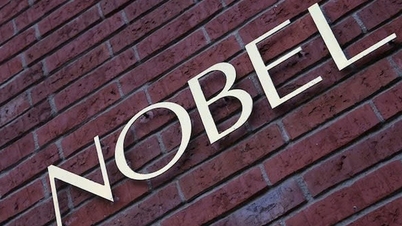






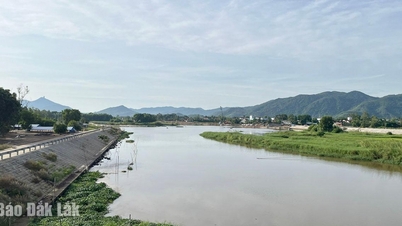

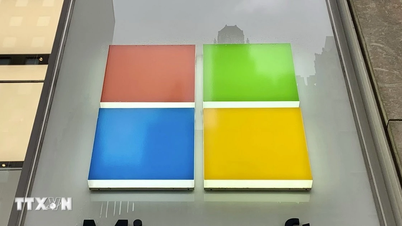


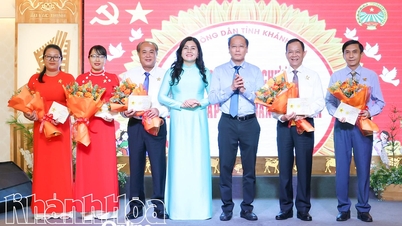

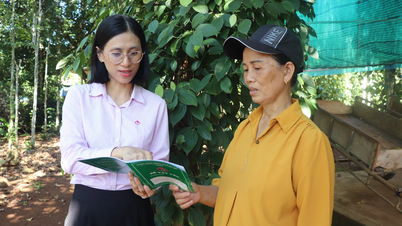
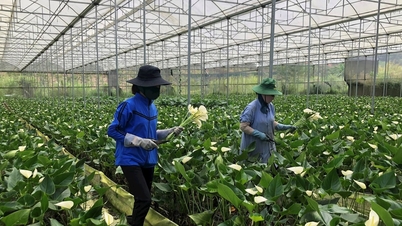
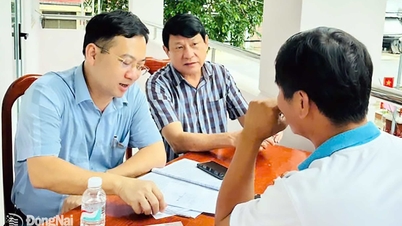

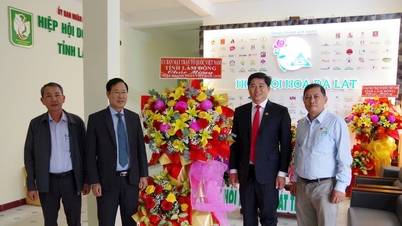






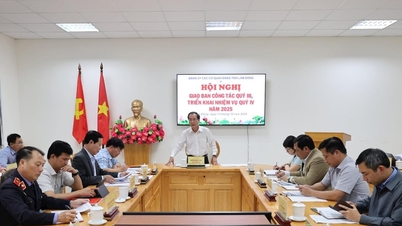
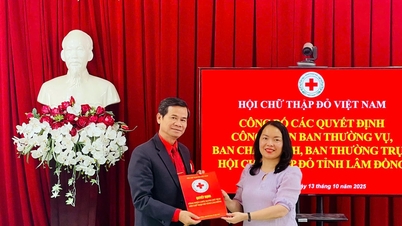
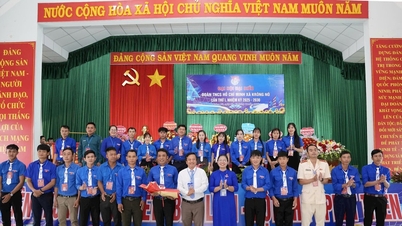
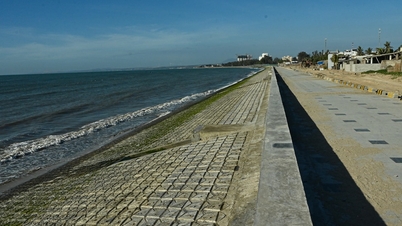
![[Photo] General Secretary To Lam attends the opening of the 1st Government Party Congress](https://vphoto.vietnam.vn/thumb/1200x675/vietnam/resource/IMAGE/2025/10/13/1760321055249_ndo_br_cover-9284-jpg.webp)

























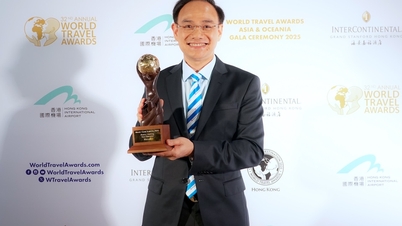



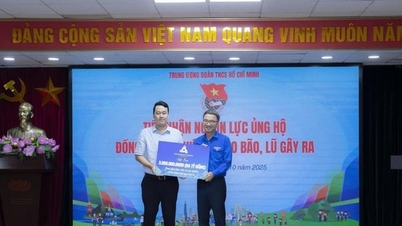

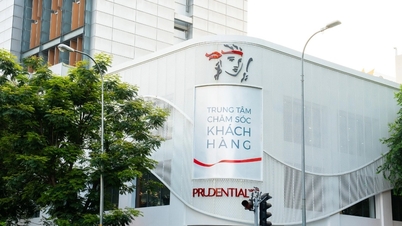









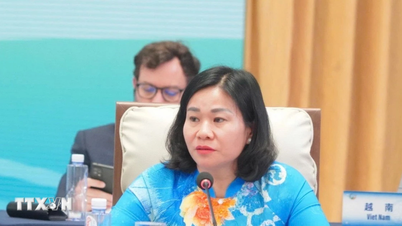



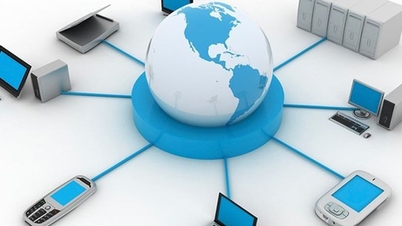

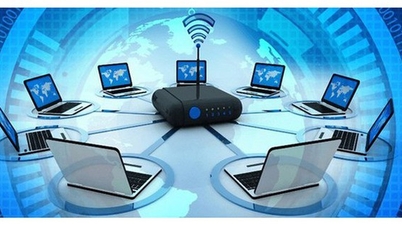
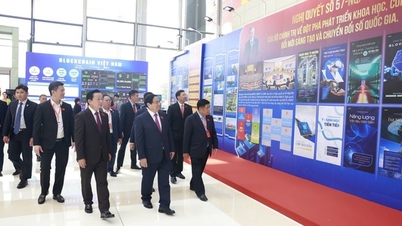
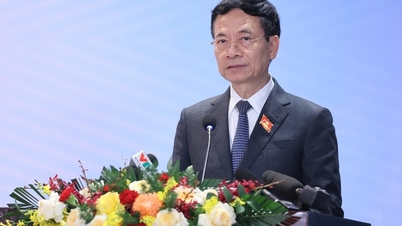


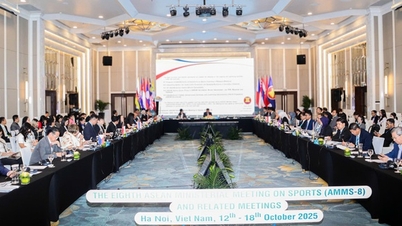

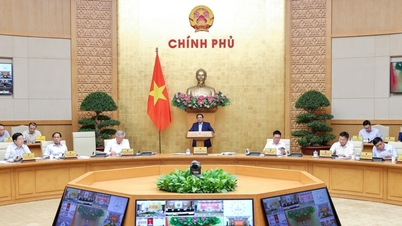





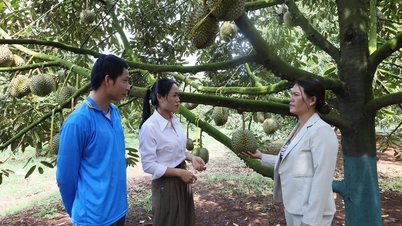
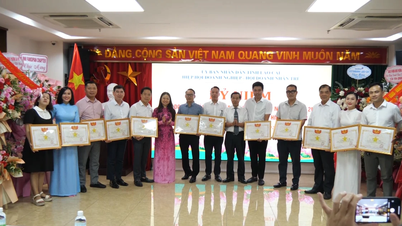










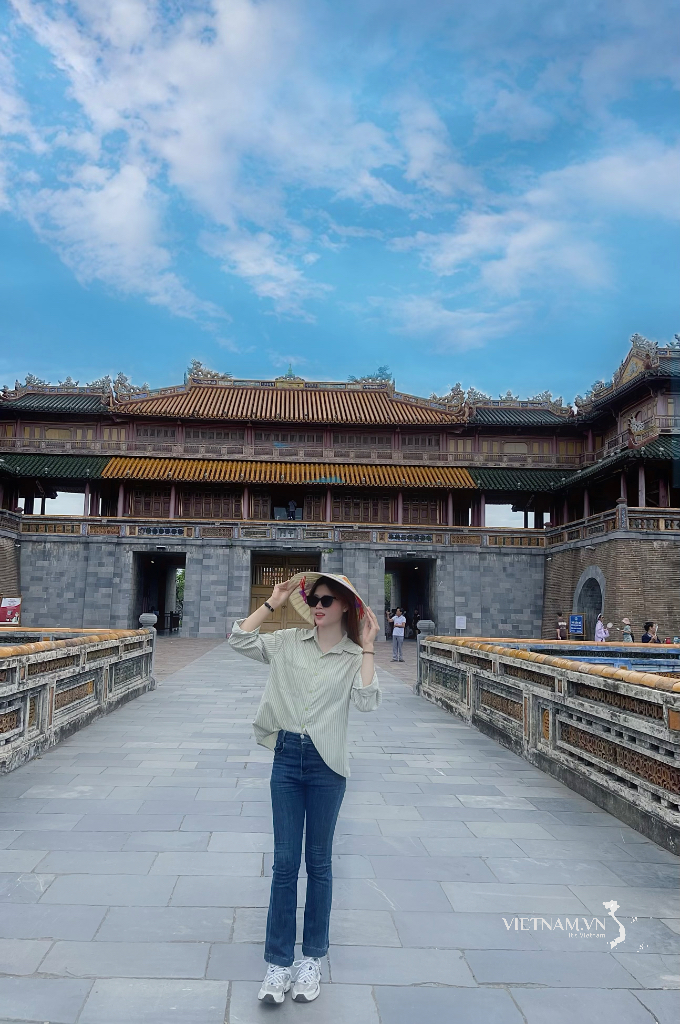


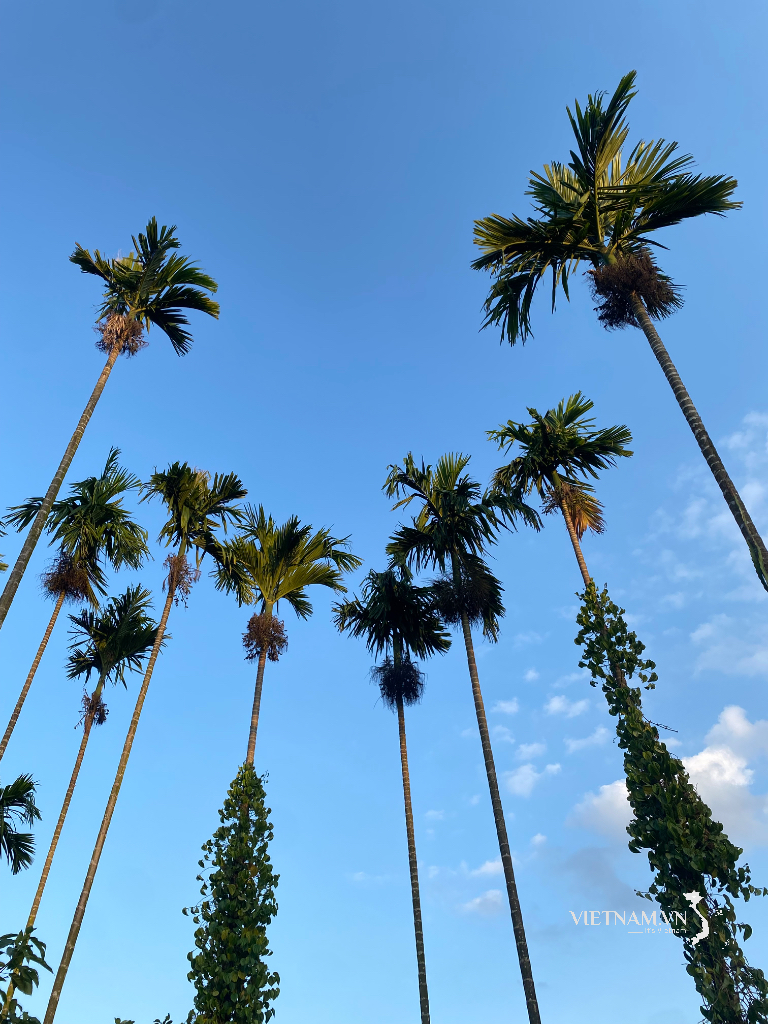
Comment (0)